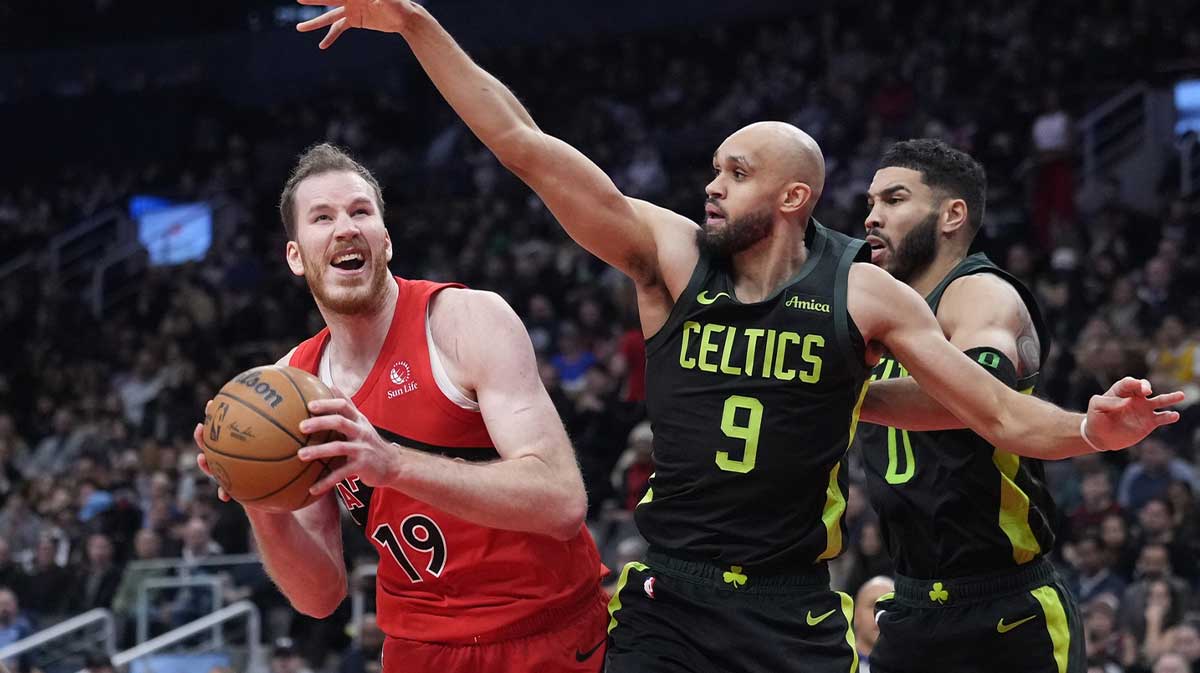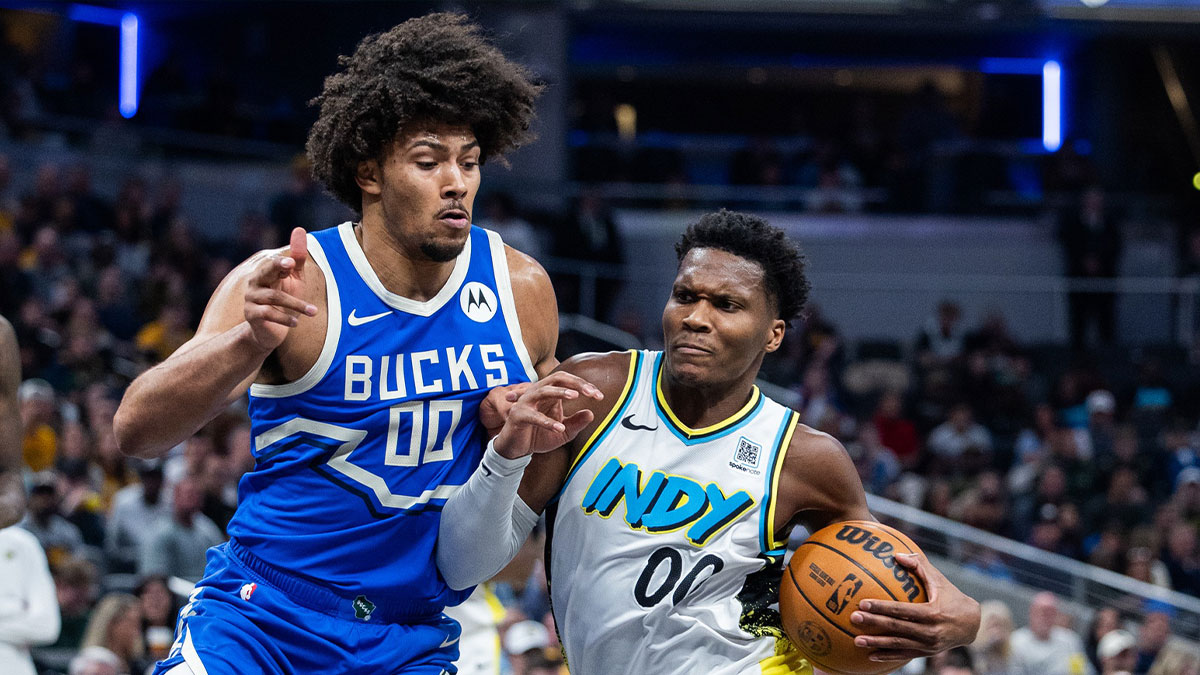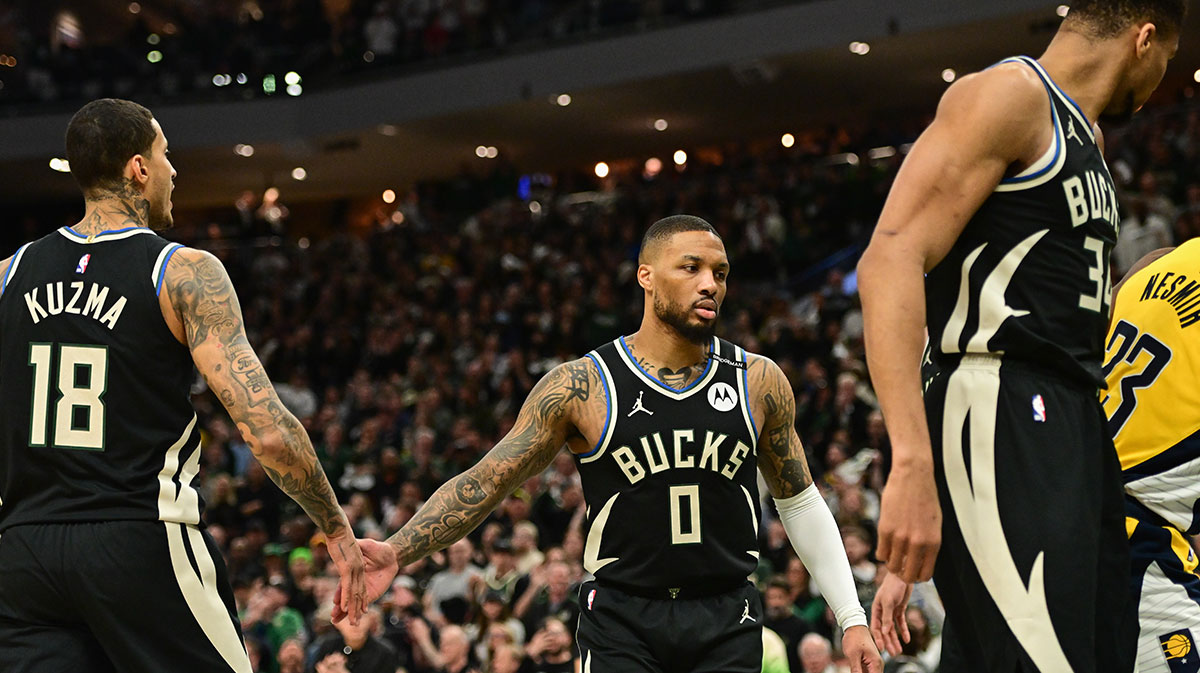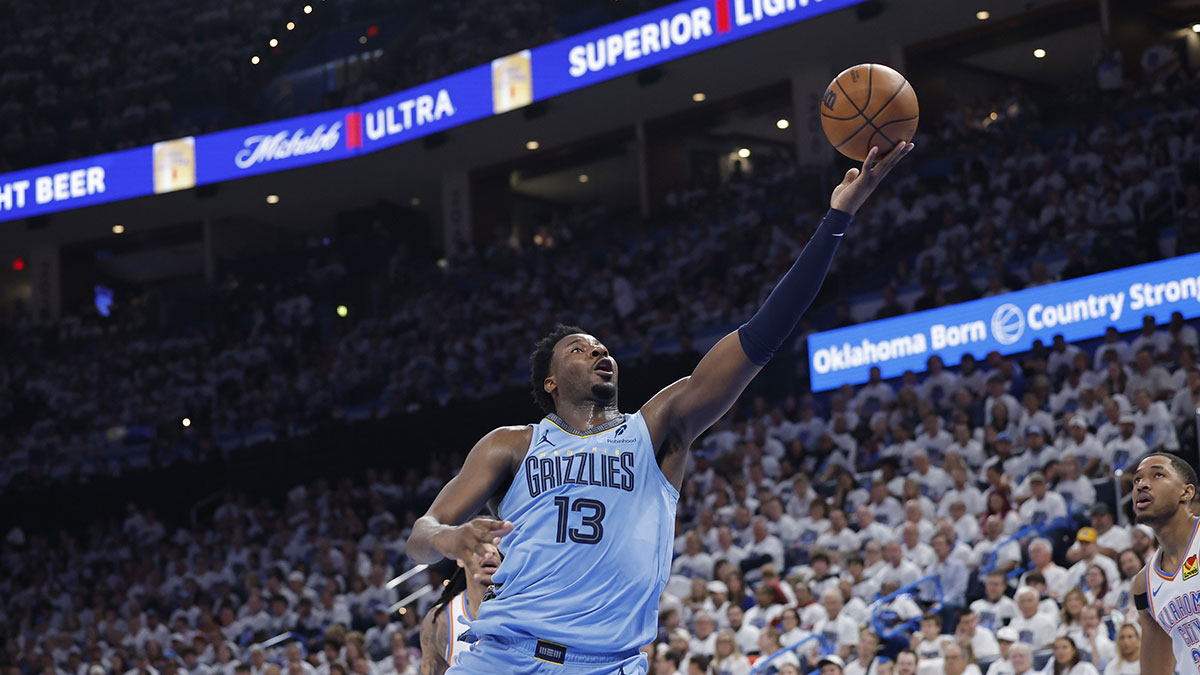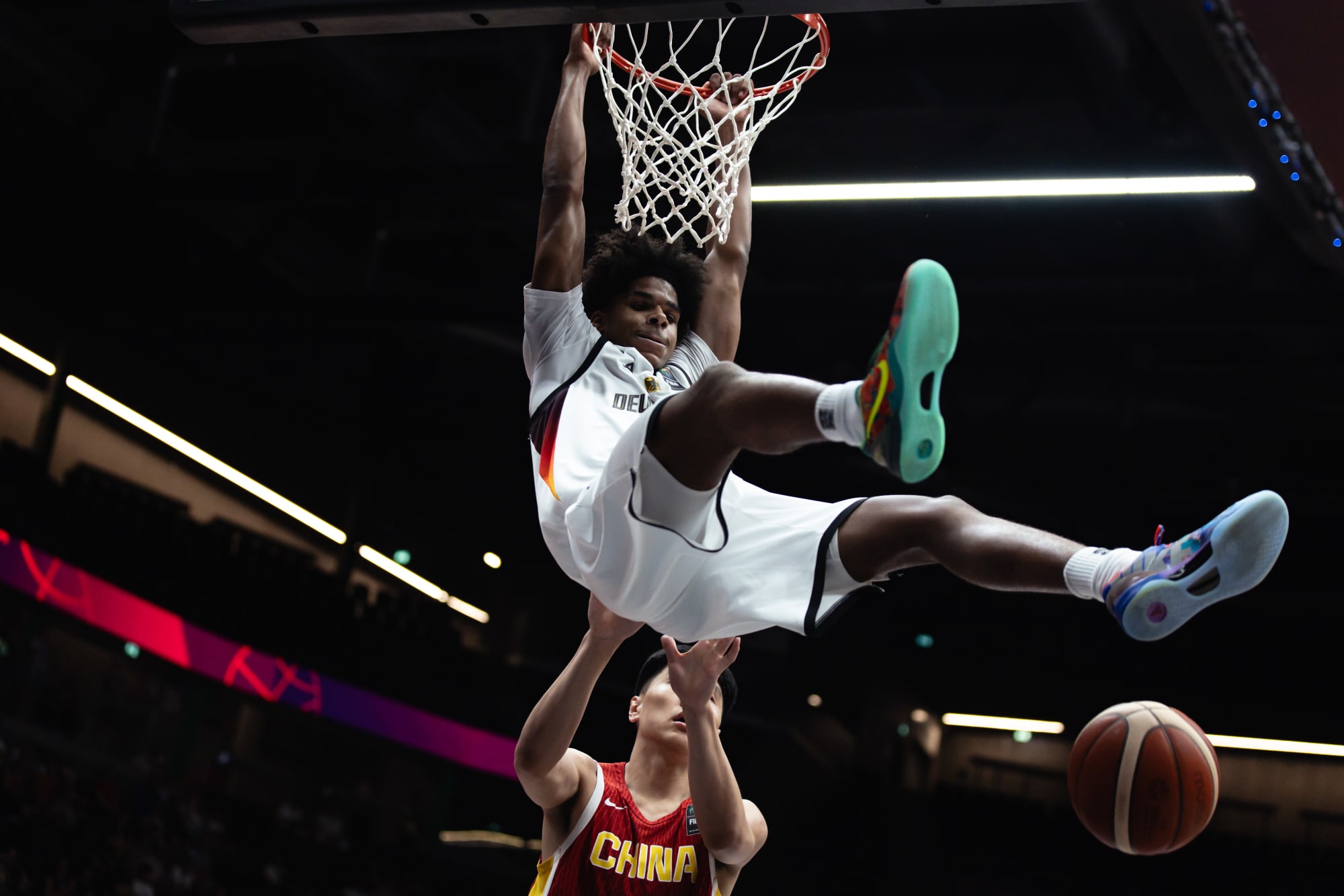Don't miss tomorrow's food industry news
This audio is auto-generated. Please let us know if you have feedback.
Since Oreo maker Mondelēz International launched SnackFutures in 2018, the investment vehicle has played a key role in helping the company build and maintain its presence as a snacking leader.
But over the last few years, SnackFutures has evolved away from investing in young upstarts and creating its own brands. It quietly wound down Dirt Kitchen and CaPao, two of the products SnackFutures developed.
Instead, SnackFutures now focuses on purchasing stakes in businesses that could eventually provide valuable products, technology, insights, or other novel advantages to the company. Mondelēz tweaked the entity's name to SnackFutures Ventures, reflecting the change in its investment strategy.
The shift within Mondelēz is reflective of a larger trend among CPGs. Many companies are changing their approach to innovation as they navigate rising costs and other headwinds. General Mills, for example. closed its in-house innovation unit this year and paused outside investments through its venture arm.
Luba Safran, a CPG industry veteran who oversees investing for Mondelēz's SnackFutures Ventures, sat down with Food Dive to discuss how the company is approaching innovation and whether the current economic environment is impacting investment opportunities.
This interview has been edited for brevity and clarity.
SnackFutures started in 2018 when open innovation was a hot concept in CPG. So there were other CPGs that were sort of starting similar groups. There were different names for them, but they all kind of had in common this idea that we can use different tools for growth.
That open innovation was really a concept and the driver behind the creation of SnackFutures originally. We can launch things ourselves, which is innovation, which CPG companies have been doing for a long time, but we can do it faster, better, leaner. We'll be more agile about it.
And SnackFutures they had the perfect team to do all of those things, and they did all of those things. So they created and launched their own brands, Dirt Kitchen, CaPao. They started this accelerator called CoLab, and they made some venture investments.
Like other CPGs that did that, they kind of realized it is very difficult to do many things at once from one group.
We learned a lot from the brands that we started and launched. I think we learned a lot from the accelerator, and we're leveraging all of those learnings in SnackFutures Ventures, which is really saying, ‘Okay, SnackFutures is going to focus on venture investing while R&D continues to engage in open innovation. SnackFutures is going to build that [venture investing] as a muscle because it is still a relatively new capability for the company. And we're going to figure out how we use venturing as a tool to help the company grow and sustain itself over time.’
When I look at [the new brands that were] launched, we're seeing things that are coming to us now from outside, as startups that are pitching for funding. And so a lot of those ideas were spot on. They were just too soon, and maybe we were not the ones with the capabilities to … go from zero to one.
Our benefit as a corporation is we get to hold those learnings and re-leverage them when the time comes. And so to me, that's the takeaway. The advantage of being a big company is that even if you're too soon doing it one way, it's not a waste of time, effort or money, because seven years later, we can use that and say, ‘Okay, but now I know it's a good idea, because I even knew it was a good idea seven years ago.’
We're looking at CPG brands, and within CPG, one thing that we're looking at is fast-growing larger, let's say Series B-plus, companies that are aligned with Mondelēz’s core current product categories — chocolate, biscuits, baked snacks, and candy as well for certain markets like America.
Also within CPG, we're looking at earlier stage, relatively speaking, let's say, Series A companies that are also fast-growing. They might not be in exactly those core categories, or they may be, but they're coming to market in a different way with, let's say, a route to market that we don't have, or with something logistical that we don't have so much of, like frozen as an example.
Another part of what we're looking at is smaller, not totally aligned, but aligned in that it's snacks and it could be disruptive. And then we're also looking at enabling technologies. So that's anything that goes under the hood of Mondelēz’s supply chain optimization. It could be marketing technologies. It can be AI applied to literally anything. The tech pillar is also a fairly robust pillar for us. I'd say, decently, half my attention focuses on the tech side.
In food tech, we see a lot of alternative ingredients. So we see alternative sweeteners, alternative fats and oils, packaging solutions for sustainable packaging, alternative proteins, alternative dairy, alternative cocoa. And then we also see a bucket of things that really can only be called AI on everything. It's AI for supply chain. It's AI for procurement. It's AI for your search engine optimization features.
. Hu, a maker of premium snacks and chocolates made from simple ingredients, so far remains the only startup Mondelēz ever fully acquired. Why has SnackFutures Ventures been so selective?
I'll say two things. One is that there's a publicly disclosed series of investments, and there are other investments that have been made that are not publicly disclosed. The other thing is, we're a CVC, a corporate venture capital group. It's unlike a traditional VC, where there's a very standard model and the objective is very standardized.
In a traditional venture, you have a set time horizon for a fund, you have a very clear objective, which is just make more money over 10 years and return the fund and then try to make as much as possible. CVCs, some of them are financially oriented, and they're exactly like the venture model. Some of them are totally strategically oriented with no financial objective. Many of them are somewhere in between.
We are a blend where we obviously want to make financially positive investments. But our driving objective is not like a traditional venture fund to just make as much money as possible. We are trying to invest in ways that have strategic returns for Mondelēz as well, and that makes us very selective about which investments make sense for us to make, which are ones where we will learn something and benefit in some way that is not entirely financial.
How is the investment market for SnackFutures Ventures given the current economic environment?
There are two sides of one coin. There's no dearth of opportunities for investment. Part of the reason that there are a lot of opportunities is because there are a lot of distressed companies, because overall it is a challenging venture environment right now. Purse strings have been tightened. A lot of traditional VC funds are not writing checks right now, are waiting to see what happens with regulatory officials, are waiting to see what happens with inflation. That waiting from the traditional venture side is drying up cash for food and beverage startups. That creates a lot of opportunities for corporations to write checks.
But then what you're looking at is a pool of companies, not all of whom, but many of whom are in a distressed situation where they, let's say, had a round open. It's taken them 12 months. The round is still not closed. If they don't close the full round, they can't continue operating.
That's a very challenging position for us to look at because for better or for worse, a company's ability to attract capital is viewed as a signal of its robustness and its attractiveness. And so when you're looking at a company that has half of a round open and has had it open for a long time, how do you interpret whether its inability to close is some signal about it versus a signal about the market?
I don't think that the market context is going to change our pace because the fundamental drivers of our pace are still, what is this company? Is it relevant for us? Can we help them? Can they help us?
We are actively evaluating deals, that's my everyday job. That's all I do. We're not holding back.







